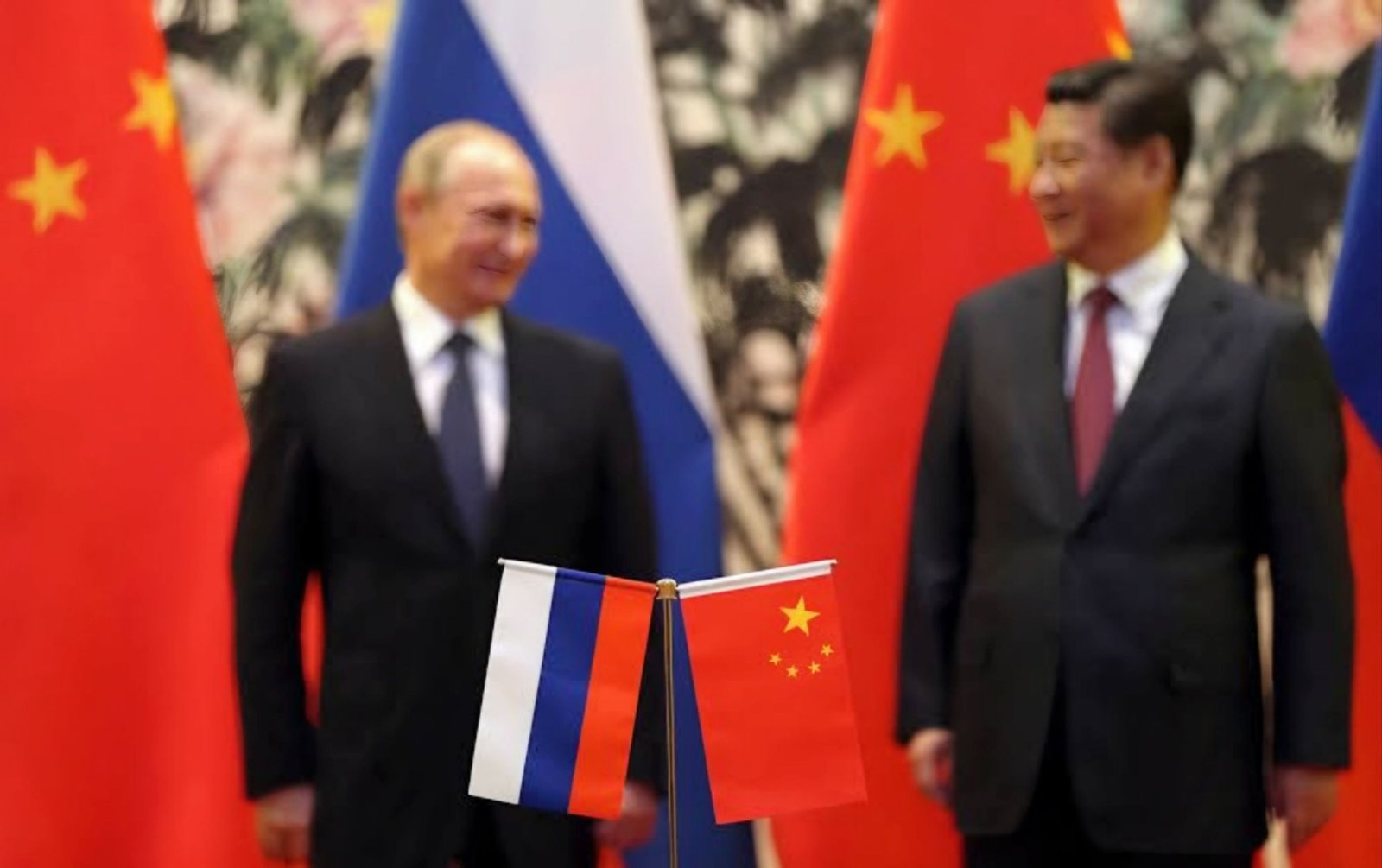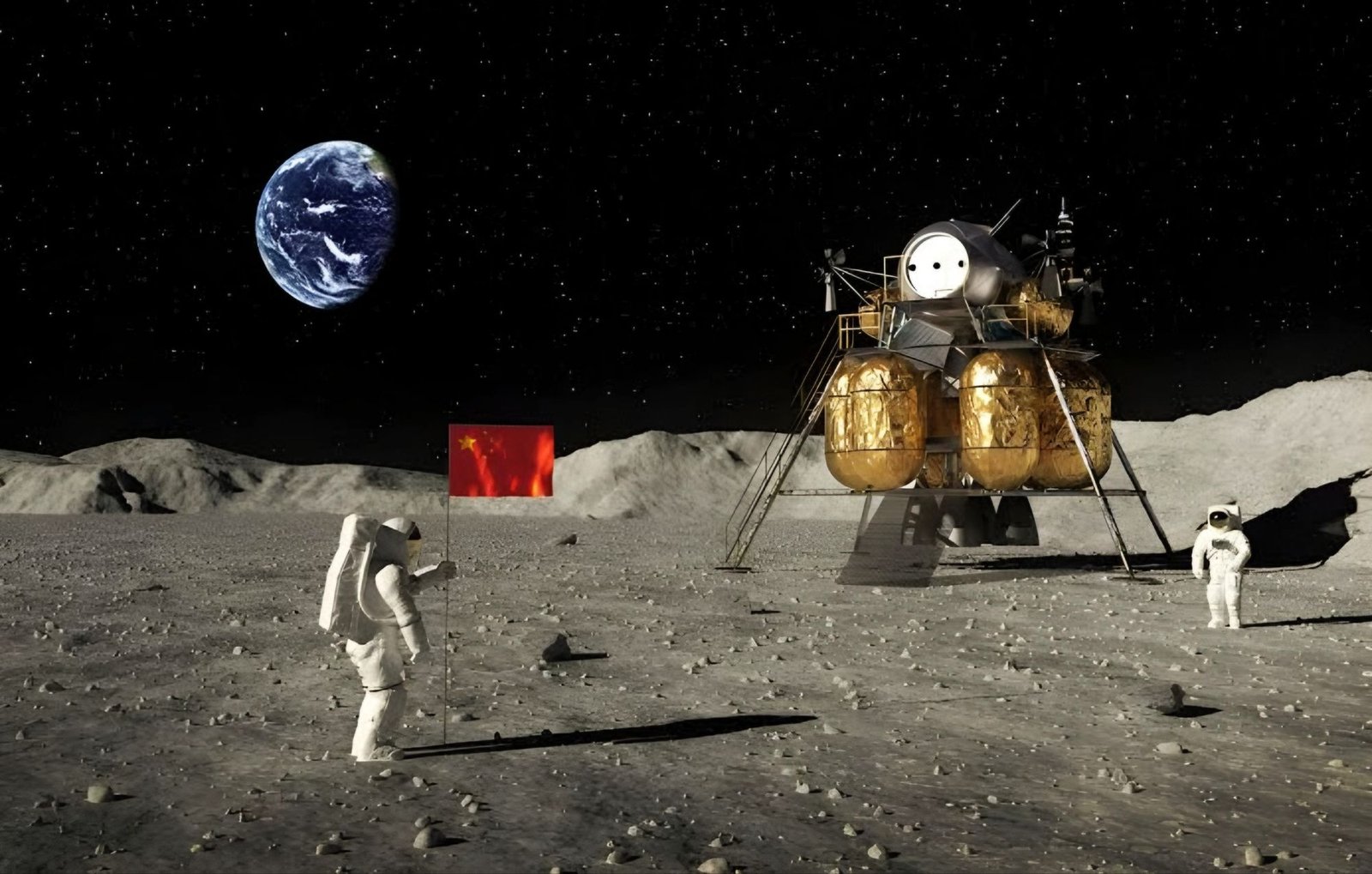
Under 100 Words: A Compact Summary
Russia and China are considering installing a lunar nuclear power plant between 2033-2035, aiming for autonomous operation. Yuri Borisov, head of Roscosmos, outlined collaboration, including a nuclear-powered cargo spaceship. Despite setbacks, both nations express commitment to lunar exploration and potential settlement (Lunar Nuclear Power Plant Collaboration).
- Yuri Borisov, the head of Russia’s space agency Roscosmos, announced on Tuesday that Russia and China are contemplating the installation of a nuclear power plant on the moon between 2033 and 2035.
- Borisov, a former deputy defense minister, highlighted the collaborative efforts between the two countries in the lunar program, emphasizing Russia’s contribution of expertise in “nuclear space energy.”
- This initiative, if realized, could pave the way for the potential establishment of lunar settlements (Lunar Nuclear Power Plant Collaboration).
- Yuri Borisov revealed today that there is serious consideration for a joint project with China, scheduled around 2033-2035, involving the delivery and installation of a power unit on the lunar surface.
- According to Borisov, solar panels are deemed insufficient for future lunar settlements, prompting the exploration of nuclear power as a viable alternative.
- He emphasized the necessity for the project to be executed autonomously, without human presence.

- In addition to the lunar power project, Borisov discussed Russia’s plans for a nuclear-powered cargo spaceship. He mentioned that all technical aspects of the project have been addressed, with the exception of finding a solution for cooling the nuclear reactor.
- Describing it as a substantial space tugboat, Borisov explained its potential applications, including transporting large cargoes between orbits, space debris collection, and various other functions (Lunar Nuclear Power Plant Collaboration).
- While Russian officials have previously outlined ambitious lunar mining plans, recent setbacks, such as the failure of the Luna-25 spacecraft last year, have affected the country’s space program.
- Despite these challenges, Moscow remains committed to future lunar missions and is considering collaborative efforts with China, including crewed missions and the establishment of a lunar base (Lunar Nuclear Power Plant Collaboration).
- China, on the other hand, has announced its goal of sending the first Chinese astronaut to the moon before 2030.
- Russian President Vladimir Putin dismissed recent U.S. warnings about alleged Russian plans to deploy nuclear weapons in space, considering it a tactic to manipulate arms negotiations on Western terms.
ALSO READ – CII President Expresses Ambition for India-UAE Non-Oil Trade to Hit $100 Billion by 2030.
